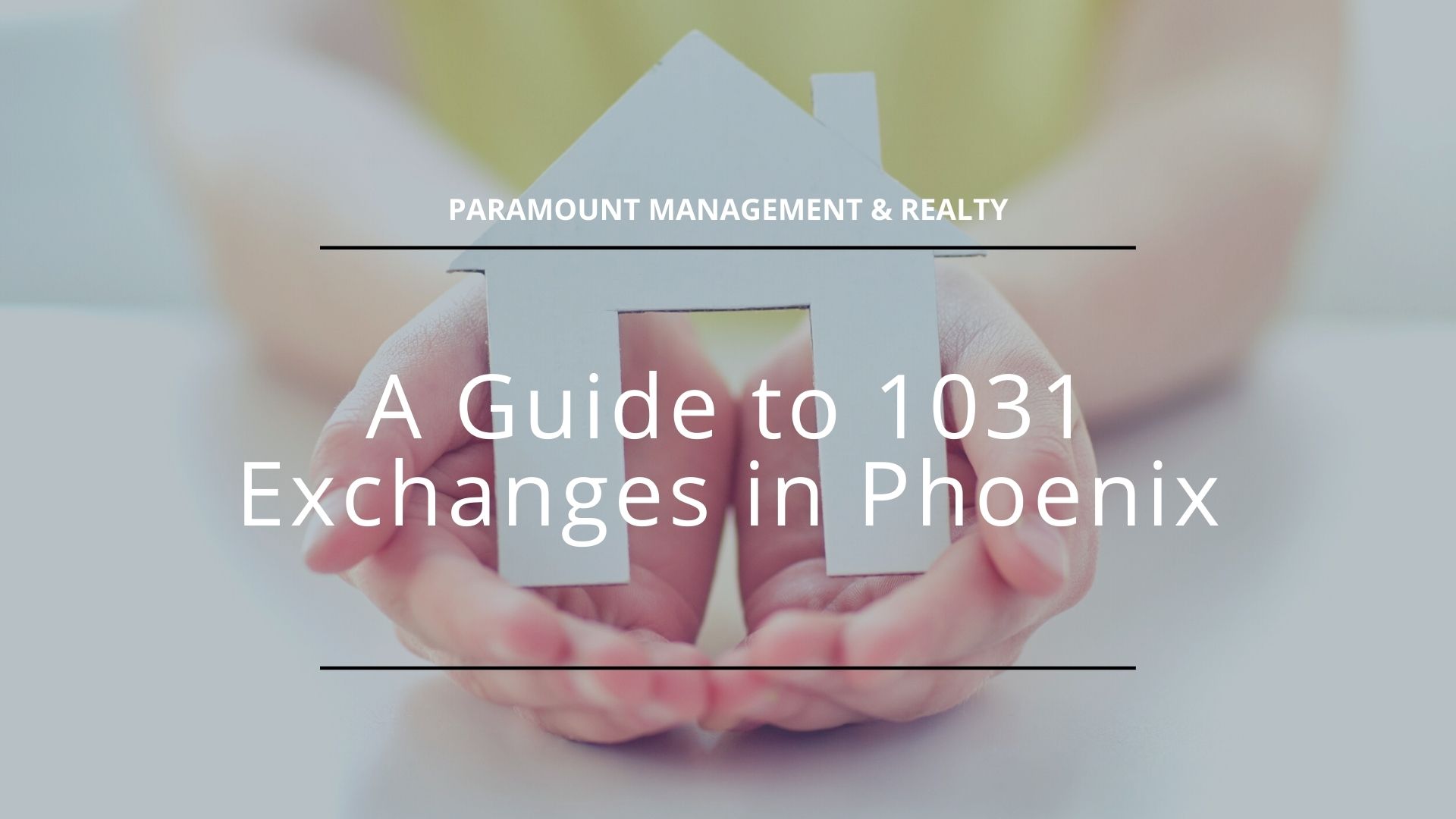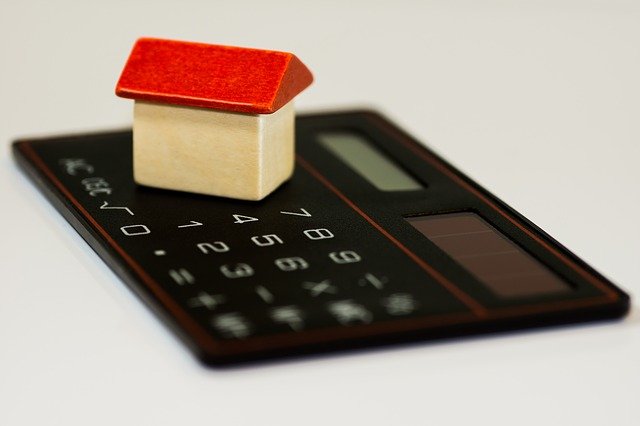
Are you planning to sell your Phoenix, Arizona investment property?
The 1031 tax-deferred exchange is the legal avenue to take if you want to temporarily avoid capital gains taxes placed on your Phoenix, Arizona investment property sale. Otherwise, the combination of state and federal taxes racks up a tax rate of 15% to 30%.
The name of this opportunity comes from Section 1031 of the Internal Revenue Code. In its essence, the 1031 Exchange involves the replacement of a certain investment or commercial property with a like-kind property.
If this replacement is thoroughly carried out following the IRS rules, the capital gains on the sale are successfully deferred. A series of decisions over a lifetime means that a real estate investor may keep on deferring capital gains for the investment properties.
When you look at the instruments available to taxpayers, the 1031 Exchange is a highly efficient tool for optimizing taxes. Throughout the years, it’s been extensively used by an endless number of real estate investors.
What Type of Properties Qualify for 1031 Exchanges?
1031 Exchange rules cover only real properties that have been purchased as an investment or direct business use. No private residences qualify for this opportunity.
People often wonder whether flipped properties qualify or not. In the majority of cases, the answer is no. Purchasing a new property just for resale is a prohibited category of transactions under the 1031 Exchange rules.
Second homes and vacation residences are also usually unable to qualify for this financially beneficial treatment. However, you can consult with a tax specialist to determine whether a particular property qualifies under Section 280A of the code.

Nowadays, the qualifying transactions need to directly take the form of exchange. For instance, an investor can’t just sell a property and then purchase another one. Plus, the exchanged properties need to be “like-kind.”
The Issue of Like-Kind Properties
The concept of “like-kind” properties may create some confusion. Both the sold and new property need to be owned for investing purposes. Alternatively, the property can be used for productive trade or business needs.
You aren’t able to use land that is being developed for resale. Tax-deferred treatment is unavailable for bonds, stocks, notes or beneficial partnership interests. These types of value-holding assets are never considered “like-kind” in this context.
However, exchanging raw land for a replacement property like an office building is considered a qualifying transaction. Similarly, you can exchange an office for a farm. That means a lot of potential combinations exist that work under the tax code rules.
45-Day Rule for Identification
Keep in mind that one of the most important timing restrictions for 1031 Exchanges is the 45-day rule for identification. It’s crucial to identify in writing or close a replacement property within a 45-day period from the original property's closing and transfer.
In Phoenix, Arizona or elsewhere, it’s important to recognize that this time period is non-negotiable. The IRS hasn’t made a single exception in this regard. The 45 days cover weekends and holidays as well.
A failure to stay within the time limit means that the exchange is going to be disqualified. After the disqualification is made clear, the tax deference is null and all the associated taxes have to be paid.

Three Property Rule & 200 Percent Rule
You have to deal with two further essential rules. Without following these rules, your exchange is going to be disqualified as well, except under one scenario. The Three Property Rule means that you can identify three properties and not need to take into account the fair market value.
The 200 Percent Rule says that you can identify a significant number of properties. But the aggregate fair market value, once the identification period ends, may not exceed 200% of the aggregate market value of the waived property on the transfer date.
Even if these rules are exceeded, there is a single scenario that could save the exchange. The excess is tolerated under the following circumstances:
The taxpayer acquires identified replacement properties
The fair market value of given properties is a minimum of 95% of the aggregate fair market values of all identified replacement properties
180-day Rule for Purchase
Replacement property final selection is followed by a 180-day period. The days start counting from the date when you transfer the relinquished property to the buyer in order to close on the new property.
The exchange needs to be completed by an earlier date under the following circumstances:
The due date for the person’s tax return is earlier than the 180-day period
That due date is for the tax year in which the dropped property was sold
What Is “Boot” in 1031 Exchanges?

“Boot” covers any money from the non-like-kind property that the taxpayer receives via the exchange. Instead of cash, the “boot” could be the fair market value of a given property as well.
Here are some examples of what “boot could” be in an exchange:
A reduction in debt
Cash money
Use of sale proceeds to cover the closing costs that aren’t legally recognized
Investors want to avoid the transfer of “boot.” Hence, they trade up instead of down. This is extremely important because only then you can keep the entire exchange tax-free for the time being.
Most investors consult an expert to finalize the 1031 Exchange and address the “boot” part of the deal. The rules are complex. That’s why it’s important to obtain expert help to make sense of the situation and take the right steps for the best outcome.
In a Nutshell: 1031 Exchanges in Phoenix, Arizona
The 1031 Exchange is a useful tool for those who want to defer paying taxes. This opportunity arises when you replace a business or investment property with a like-kind property.
If you are looking to make a 1031 Exchange in Phoenix, Arizona it’s useful to seek out the advice of a tax expert. The topic is complex as you are bound by a dense web of rules and regulations tied to this exchange.



